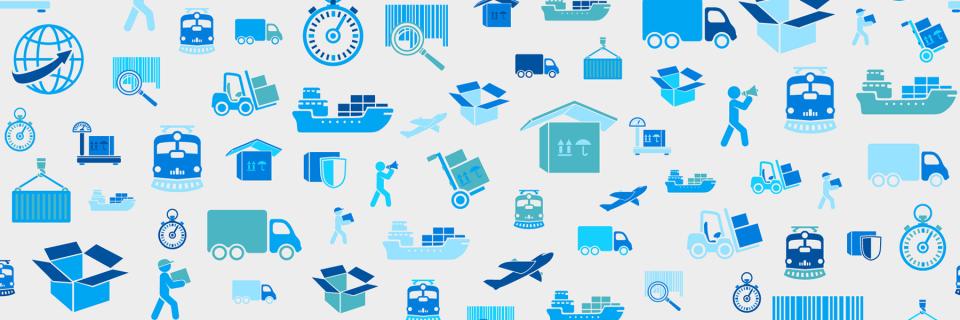
The logistics industry is very complex, and there are a lot of moving parts to ensure that freight gets to its destination hitch-free and in perfect condition. While moving big shipments across the world, the journey often takes weeks, passes through many hands and involves a number of intermediaries. With such an elaborate process, it is important to understand the roles of everyone involved and what their impact is.
Here are the significant differences between freight brokers and freight forwarders:
Who is a Freight Broker?
The freight broker’s job is quite simple; they connect the people who have freight to move (shippers) with the people who will move it (carriers). Many carriers prefer to work with freight brokers because, in addition to helping them source for customers, the brokers offer them more volume than they would usually get if they worked with individual customers. Conversely, the individual customers often prefer to work with freight brokers because brokers have more bargaining power when negotiating rates with carriers.
Freight brokers typically save carriers the time and resources it would take to find large volume clients. And they save the customer money by getting them better deals. In return for their service, brokers take a percentage of the total cost of the transaction as commission.
Who is a Freight Forwarder?
Freight forwarders, on the other hand, are more active in the shipping process. The forwarder collects a shipment from the customer (shipper) and takes responsibility for its transportation from one location to the other, whether it’s by land, air or water. They handle freight storage, assemble/distribute the shipment as required, make arrangements for the forwarding of the cargo in accordance to the customer’s wishes, negotiate with the shipping company and oversee the delivery of freight to its destination.
Furthermore, the forwarder prepares all the documents (e.g., bill of lading, certificate of origin, F178) needed to transport and clear the shipment at the exit/entry point. Since the freight forwarders are liable for any losses or damages, they also provide insurance coverage for shipments under their charge.
Freight Brokers vs. Freight Forwarders
- Freight brokers do not take possession of the cargo and are not legally responsible for it. They act as intermediaries, connecting shippers with carriers and facilitating transportation but do not assume liability for the freight.
Freight forwarders, on the other hand, take possession of the cargo and are legally responsible for its handling and safety until final delivery. They often consolidate shipments, arrange customs clearance, and provide additional logistics services.
While freight forwarders typically require warehouses, vehicles and agents to manage transportation, freight brokers may operate as asset-based (owning trucks and/or warehouses) or non-asset-based businesses. A brokerage can be run remotely, without owning physical assets, as long as it effectively coordinates between shippers and carriers.
What About a Freight Forwarder vs. Carrier?
A freight forwarder and a carrier typically play two different roles. The freight forwarder is the middleman that arranges transportation for goods on behalf of a shipper. They do not typically transport the goods themselves but coordinate shipments using various carriers. A carrier is the company that physically moves the goods from one location to another.
What Does This Mean for Carriers?
Trucking companies are a big part of the logistics industry, and since they often work with freight brokers and freight forwarders, it’s important to know what to expect:
- Forwarders and brokers are not legally required to pay carriers until the customer has paid them. Because brokers are often less involved in the actual movement of freight, you may only speak to them over the phone – make sure they are a registered company and have legitimate business practices before working with them.
- While hauling freight for a forwarder, make sure that you carefully check for any damages or shortages before accepting the shipment. This may take some time, but it will potentially save you from legal issues in the future.
- Read any documentation carefully before signing rate sheets from brokers or forwarders. The document is legally-binding, and by appending your signature, you agree to the terms.
As a carrier, knowing the difference between a freight forwarder and a freight broker is very important. It helps you understand your role and responsibilities and gives you an idea of what to expect when doing business with either one.
To learn more about this topic and to take advantage of our services, contact RTS today!